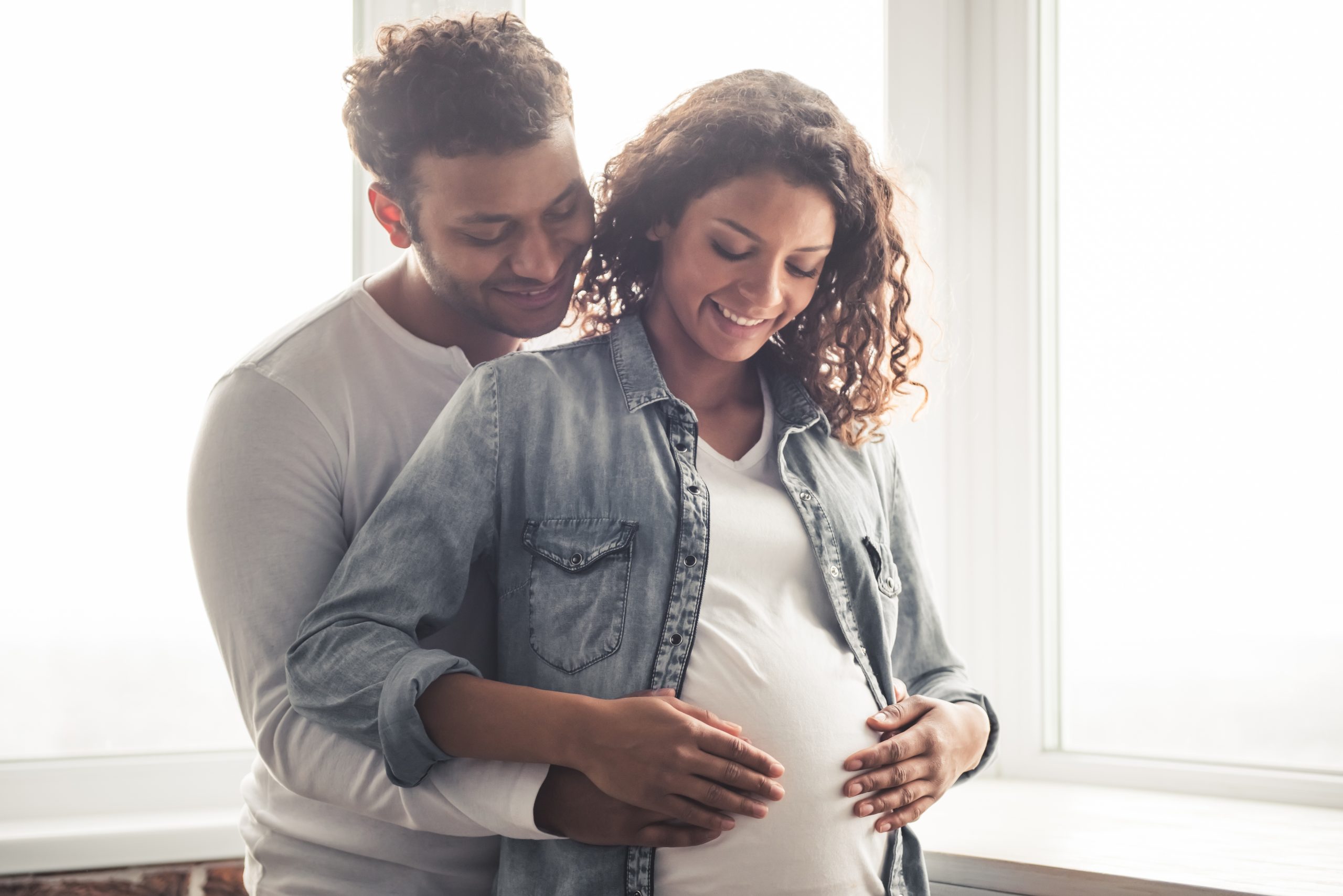Hospitals have seen an increase in pregnant women with COVID-19 in recent weeks, which has led health officials to double-down on efforts to educate expecting mothers about the benefits of getting vaccinated.
On Wednesday, Aug. 11, the CDC released new data on the safety of vaccines for pregnant women, along with a recommendation for expecting mothers to get vaccinated as a means to protect themselves and their babies. The guidance is a step up from previous months, when the CDC said it was safe and should be allowed if pregnant women want it.
Women who have gotten vaccinated before or during pregnancy have not shown an increased rate of miscarriage, nor have there been any other adverse outcomes for the mother or baby, according to CDC data.
Meanwhile, pregnant women are naturally immunocompromised and thus are at an increased risk of developing severe illness and other adverse outcomes from contracting COVID-19.
“CDC encourages all pregnant people or people who are thinking about becoming pregnant and those breastfeeding to get vaccinated to protect themselves from COVID-19,” said Director Dr. Rochelle Walensky in a prepared statement. “The vaccines are safe and effective, and it has never been more urgent to increase vaccinations as we face the highly transmissible delta variant and see severe outcomes from COVID-19 among unvaccinated pregnant people.”
An analysis by the CDC did not find an increased risk of miscarriage among nearly 2,500 pregnant women who received an mRNA COVID-19 vaccine before 20 weeks of pregnancy. Miscarriage typically occurs in about 11-16% of pregnancies, and this study found miscarriage rates after receiving a COVID-19 vaccine were around 13%, similar to the expected rate of miscarriage in the general population.
Additional safety monitoring systems did not find any safety concerns for pregnant individuals who were vaccinated late in pregnancy, or for their babies.
Health officials maintain that the benefits for vaccination — including passing antibodies to the baby — outweigh any known or potential risks.
However, as of Aug. 7, only 23% of women had reported getting at least one dose of vaccine during pregnancy as of Aug. 7, according to the CDC. That’s up slightly from 20.5% as of June 5.
Dr. Elena Oatey, a Saginaw-area obstetrician and assistant professor of obstetrics and gynecology at Central Michigan University, said she’s not surprised that so few expecting mothers have gotten vaccinated because many are typically hesitant to take anything while pregnant, and there hasn’t been enough made public about the increased risks associated with COVID-19 itself.
“They’re hearing about the older people, not the pregnant people who are getting severely ill or dying,” Oatey said. “Being pregnant lowers your ability to fight off infection, so that’s why they have increased risk.”
Oatey said she’s also heard misconceptions about fertility problems post-vaccination. While COVID-19 infection itself can cause such problems in men, there’s no evidence of coronavirus vaccines causing fertility problems in men or women.
“There’s lots of misinformation in the public arena,” she said. “I personally bring (the vaccine) up with every single patient, not just the pregnant ones, and I ask them if they’ve gotten their vaccine and if they’ve had COVID. I feel we could correct the inaccurate information out there if we all asked that.
“While it’s a personal choice, I want to answer any questions they might have and tell them to be open to new information.”
The latest CDC guidance aligns with that of the American College of Obstetricians and Gynecologists, which has recommended for months that pregnant women get the COVID-19 vaccine.
Individuals who are pregnant and get vaccinated are encouraged to enroll in v-safe, the CDC’s smartphone tool that uses text messaging and web surveys to provide personalized health check-ins. More than 139,500 participants have enrolled in the program. For more information, visit cdc.gov.
To find a vaccine near you, visit Michigan’s COVID-19 vaccine website or go to VaccineFinder.org.

